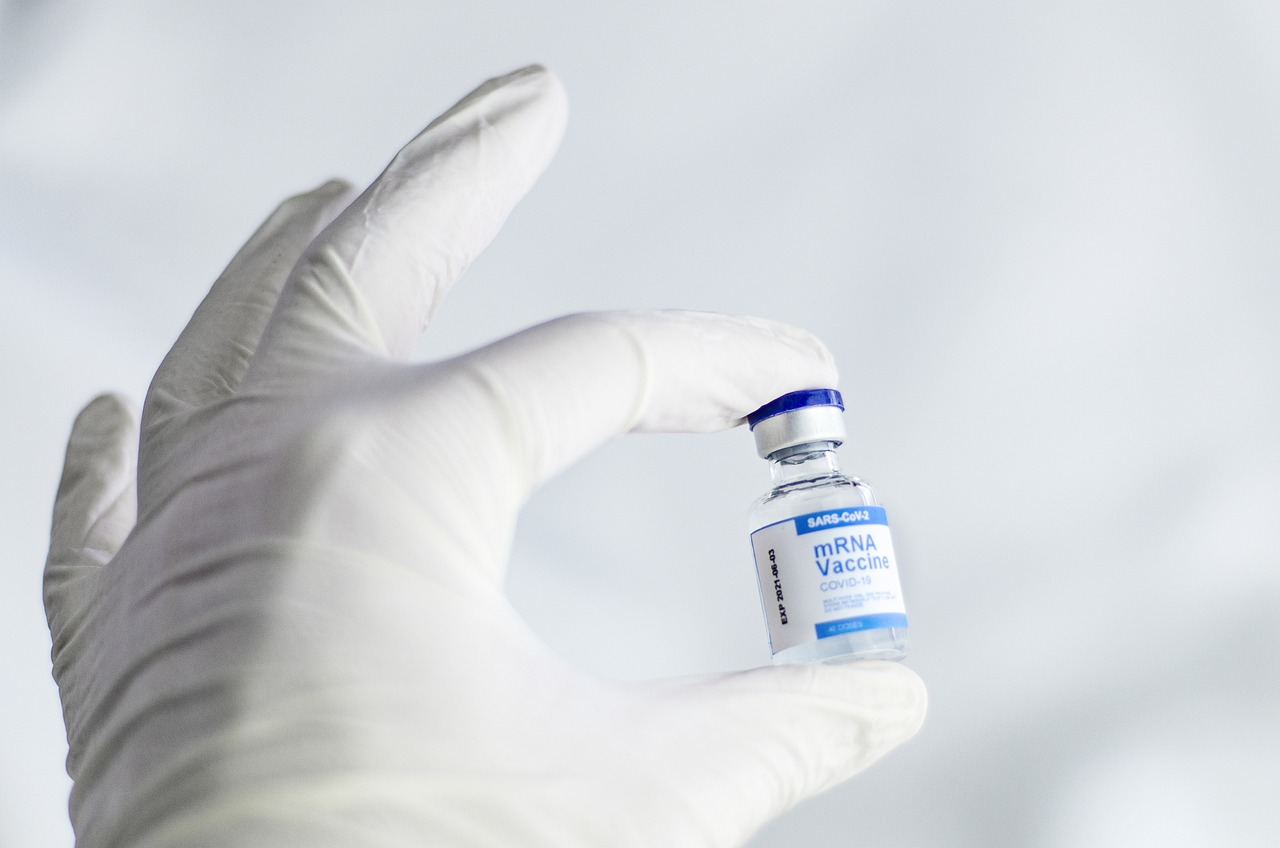South African Study Confirms Safety and Effectiveness of COVID-19 Booster for Healthcare Workers
 A new study sponsored by the South African Medical Research Council (SAMRC) published in the journal PLOS Global Public Health has provided encouraging results on the safety and effectiveness of a COVID-19 vaccine booster among healthcare workers, including those living with HIV.
A new study sponsored by the South African Medical Research Council (SAMRC) published in the journal PLOS Global Public Health has provided encouraging results on the safety and effectiveness of a COVID-19 vaccine booster among healthcare workers, including those living with HIV.
The Heterologous mRNA-1273 Boost after Prime with Ad26.COV2.S (SHERPA) study among healthcare workers in South Africa investigated how well a Moderna (mRNA-1273) booster worked after initial doses of the Johnson & Johnson (Ad26.COV2.S) vaccine. The study took place between May and December 2022 during the wave of Omicron sub-variants in South Africa.
The study showed that the booster was safe and effective in reducing the risk of COVID-19 infections, even in a population with high HIV prevalence. Among the 11,248 participants who received the booster, the vaccine reduced the risk of infection by 59% overall and was especially effective (77%) for those who had received just one Johnson & Johnson COVID vaccine dose previously.
Only one person experienced severe COVID-19 among boosted participants, compared to 148 in the larger unboosted comparator group, but there were insufficient cases to draw strong conclusions about the effectiveness of the booster against severe COVID-19. The booster also significantly increased immunity, with strong antibody and T-cell responses against the Omicron variant, regardless of HIV status or the number of prior vaccine doses.
“This study provides further evidence on the importance of a boosting regimen in preventing severe COVID-19, protecting front line health care workers in their jobs,” says Professor Glenda Gray, SAMRC’s Chief Scientific Officer who represented the SAMRC as sponsor of the study.
Reactions to the booster, like injection site pain and mild flu-like symptoms, were reported by less than 2% of participants and were more common in those who had already had COVID-19. Importantly, no serious side effects were linked to the booster.
These findings highlight the booster’s potential to protect healthcare workers, especially in settings with limited resources and high HIV prevalence.
“This SHERPA study was built on the infrastructure developed as part of the SAMRC led Sisonke trial and provided health care workers first access to the mRNA-1273 booster by Moderna in South Africa. It shows that these vaccines continue to play an important role in preventing COVID-19 among this essential workforce,” says Professor Nigel Garrett, Head of Vaccine Research at the Centre for the AIDS Programme of Research in South Africa (CAPRISA) and SHERPA study Co-Chair.
The SHERPA study received co-funding from Moderna Inc and SAMRC.
Click here to access the full study.
For more information, please contact:
- Prof. Nigel Garrett
CAPRISA Head of Vaccine Research
Email: nigel.garrett@caprisa.org
- Ms Yolanda Phakela
SAMRC Public Relations Manager
Email: Yolanda.phakela@mrc.ac.za
Mobile: 073 801 3691

